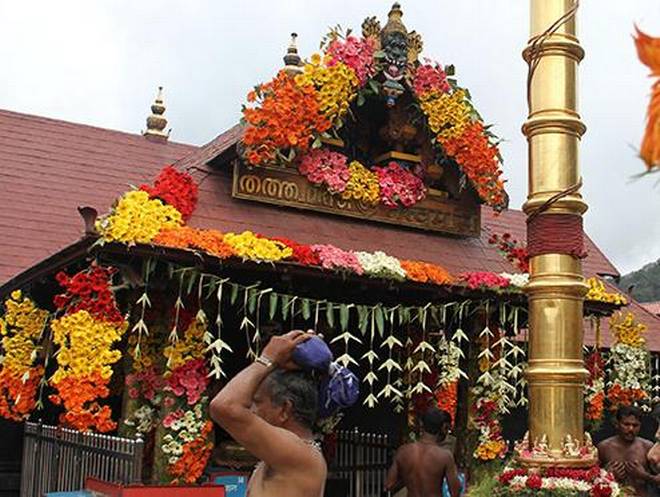Shikhar Gupta
The Supreme Court in January this year rolled off the process of deciding on the tricky matter of how various religions in India treat women. A nine-judge bench of the Supreme Court headed by Chief Justice S.A. Bobde gave the directions in a reference made during the Sabarimala review petition, pertaining to the rights of women to worship in religious institutions. It said it will consider issues related to essential religious practices and the interplay between fundamental rights & faith, judicial review and other aspects. A reference is made by a court when there is a reasonable doubt about a question of law.
Bobde J., however, said the bench will not decide anything on the Sabarimala review petition that seeks to overturn the court’s order upholding the rights of women of menstruating age to offer prayers at the Sabarimala temple in Kerala. Instead, the court will deliberate on the larger issues pertaining to the matter.
On 14 November, a five-judge bench had asked a larger bench to examine various religious issues, including women’s entry to Sabarimala temple, mosques and other religious places, and the practice of female genital mutilation in one particular community. The same bench had given a 3:2 split verdict on petitions seeking a review of the apex court’s September 2018 order, which allowed women of all ages to enter the Sabarimala shrine.
The bench while referring the matter to a larger bench, broadly mentioned several questions of law to be examined. Which are related to the interplay between Article 25 & 26 of the Constitution; the need to delineate the expression ‘constitutional morality’ or ‘morality’; whether ‘essential religious practices’ of a denomination or section are protected under Article 26; the extent to which courts can enquire into religious practices; the meaning of the expression ‘public order, morality and health’; and the permissible extent of judicial recognition to public interest litigations in matters calling into question religious practices at the instance of people who do not belong to the particular religious denominations.
The majority verdict had decided to keep the pleas pending seeking a review of its decision regarding the entry of women into Sabarimala, saying restrictions on women in religious places was not restricted to Sabarimala and was prevalent in other religions as well. Therefore, the apex court can’t limit such material question to the issue of Entry of women into Sabarimala temple only but its ambit should be increased to the similar questions in other religions as well. Whether the Supreme Court has the power under ‘Review Jurisdiction’ to allow for a discussion on this broader question of religious practices against women is yet a debatable proposition.


